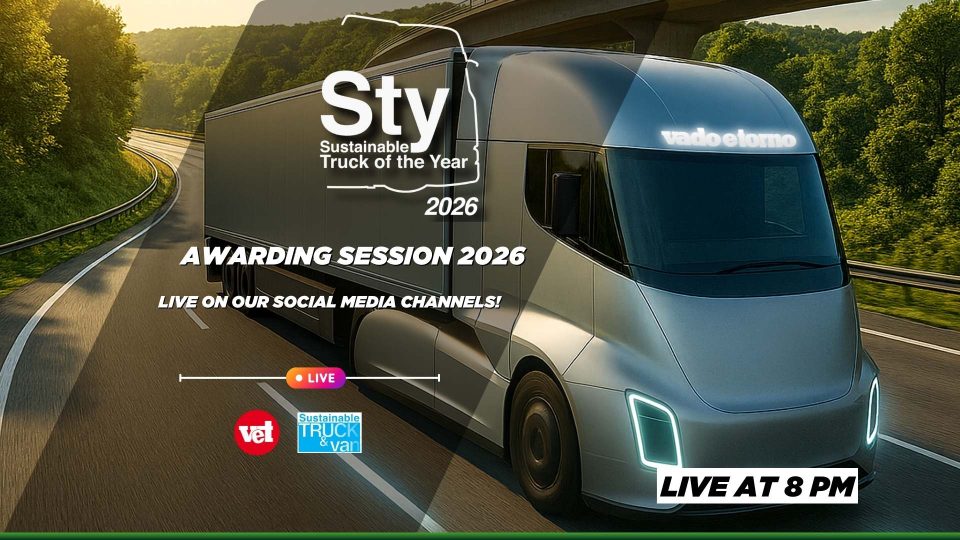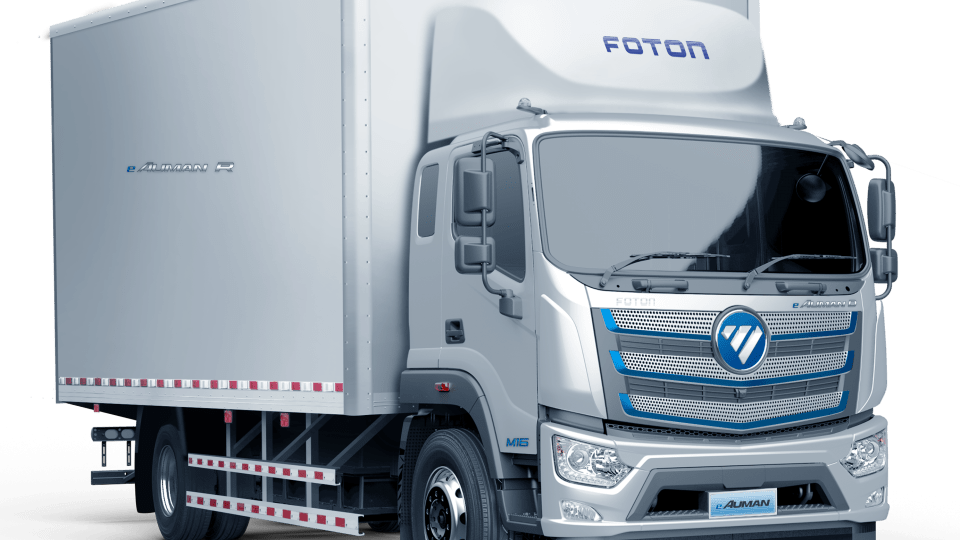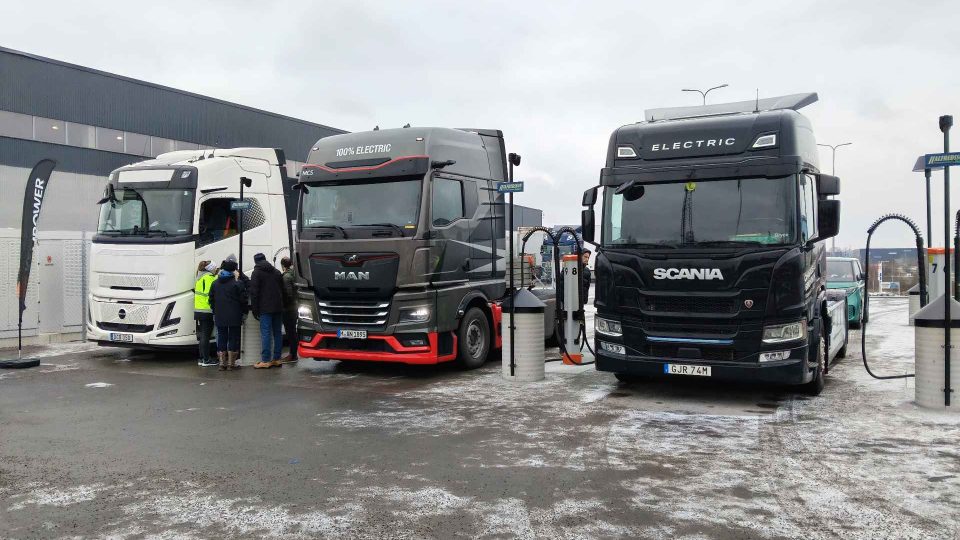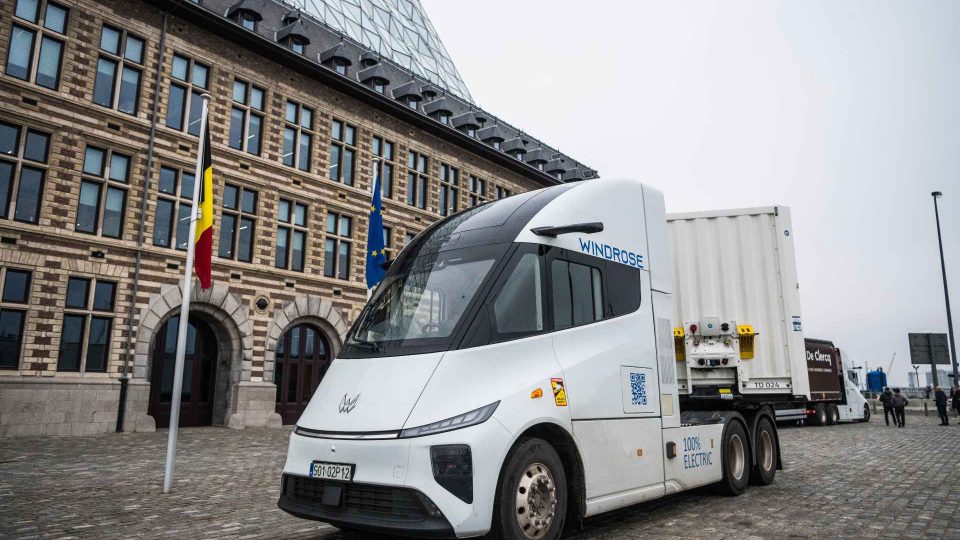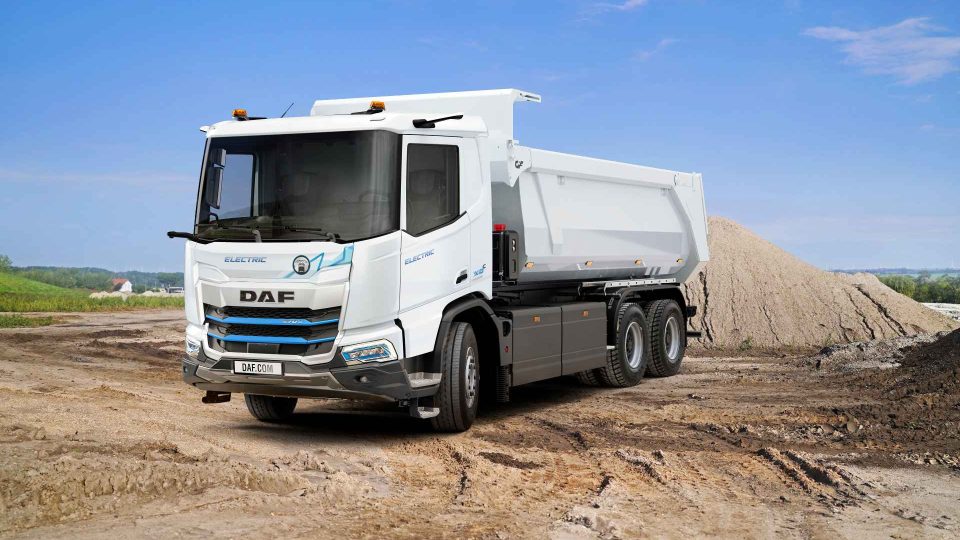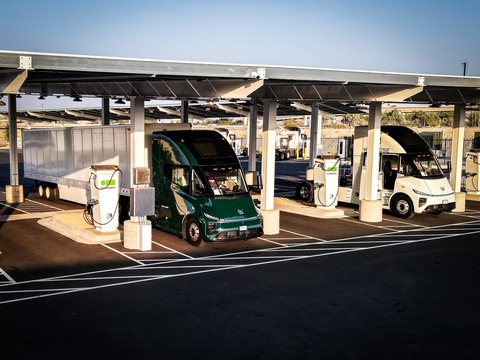Renault Trucks E-Tech T electric trucks with 600 km range, coming soon
From the second semester of 2025, Renault Trucks will be taking orders for an extension of its E-Tech T model. Similarly to Volvo electric trucks, the increased range of the Renault Trucks E-Tech T is achieved by integrating a new component, namely an electric axle.
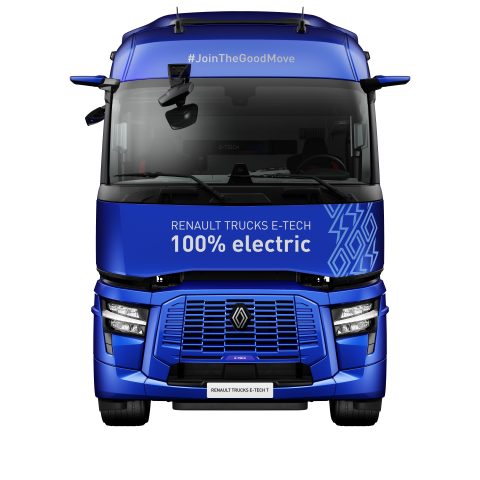
Similarly to Volvo Trucks, belonging to the same group, also Renault Trucks is working on increasing the range of its electric trucks, thus making them suitable for medium- to long-haul transportation requirements. Now, the French manufacturer announced that from the second semester of 2025, it will be taking orders for an extension of its Renault Trucks E-Tech T model.
The increased range of the Renault Trucks E-Tech T is achieved by integrating a new component, namely an electric axle. The latter “enables all the elements of the powertrain – electric motors and transmission – to be grouped together at the rear of the vehicle, freeing up space between the side members to accommodate additional battery packs. Renault Trucks E-Tech T equipped with e-axle can cover 600 km on a single charge”, as stated by Renault Trucks.
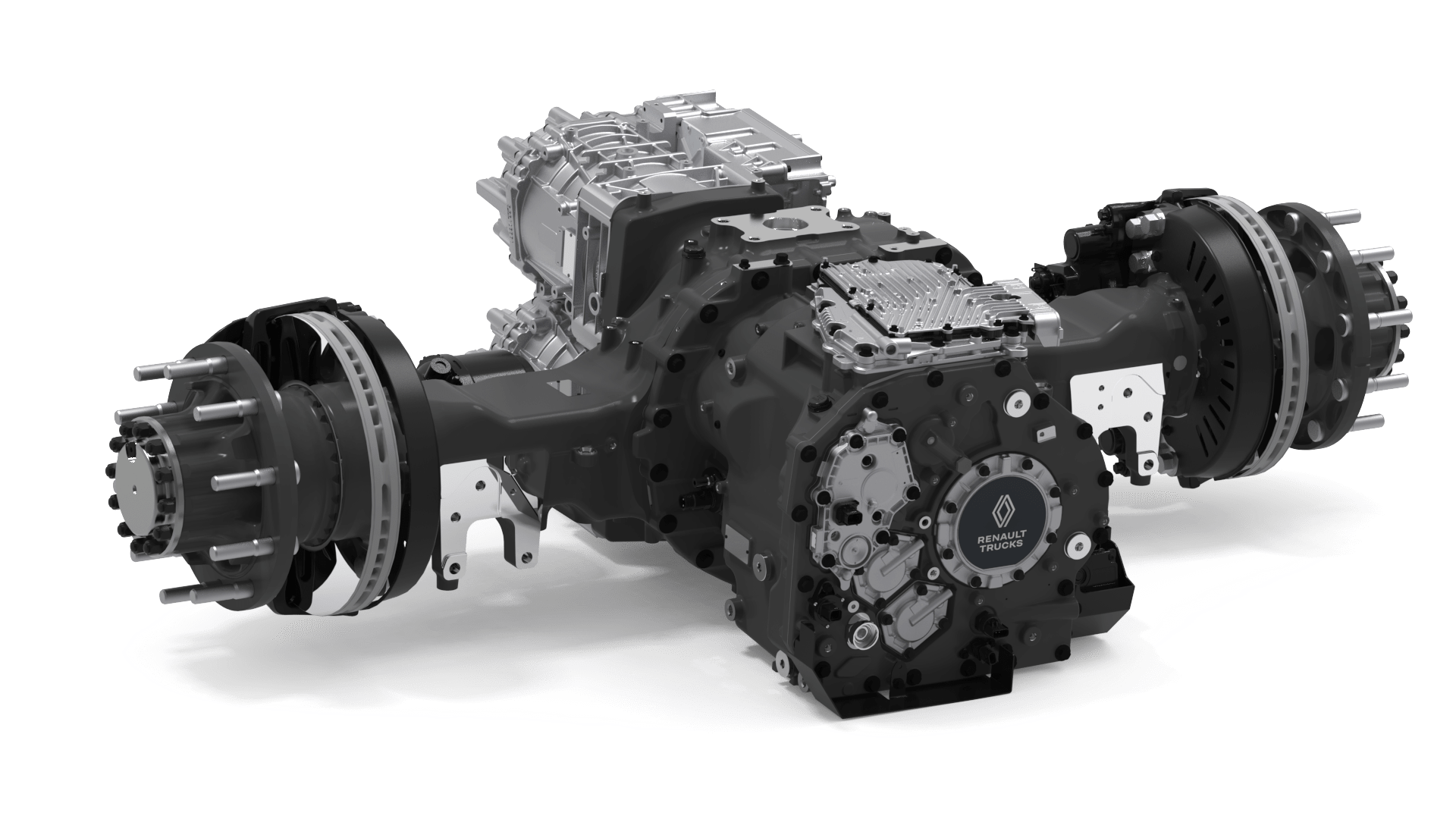
Renault Trucks E-Tech T, now with longer range
In addition, Renault Trucks encourages its customers to adjust the size of the batteries according to their actual needs and provides support in optimising the solution, including the charging strategy. “This approach is already enabling us to achieve daily mileage of over 700 kilometres with our series production Renault Trucks E Tech T”, stated the company.
“The advent of this electric truck will boost the transition to electric mobility”, explained Emmanuel Duperray, Senior Vice President Electromobility at Renault Trucks. “We believe that a range of 600 km on a single charge, combined with the development of public charging infrastructure networks by 2026 – in particular through our joint venture Milence – will enable us to achieve the operational parity [with diesel technology] that our customers expect.”
“We’re not looking to enter a race for autonomy on a single charge. Oversized batteries penalise the payload, raise total operating costs and increase the environmental footprint. In essence, an electric truck is more expensive than a combustion vehicle. We need to rethink low-carbon logistics, in other words, reconsider transport patterns to optimise the use of transport vehicles and therefore reduce the cost per kilometre”, he added.


